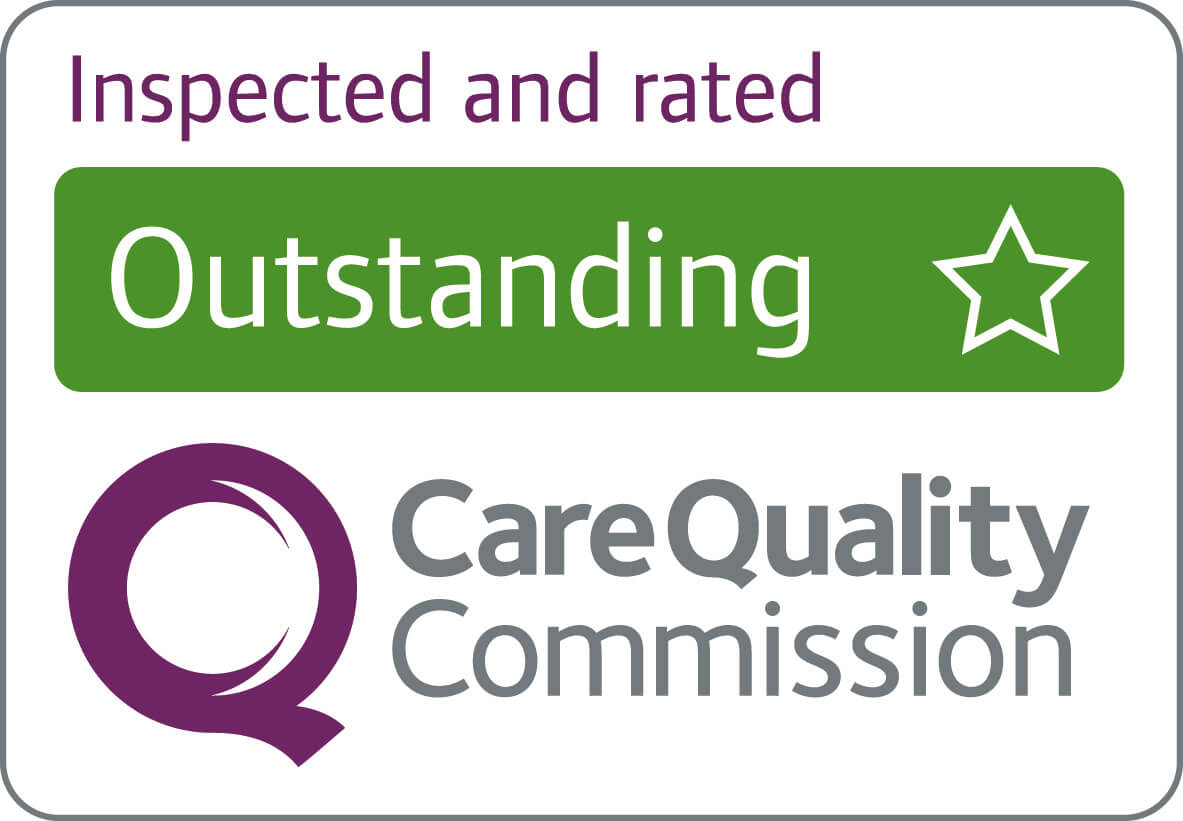Hip Replacement Specialists at Yorkshire Clinic
-
Mr Peter Bobak
Orthopaedics
Mr Peter Bobak is a Consultant Orthopaedic Surgeon in West Yorkshire, Bingley, working at the Yorkshire Clinic
View Profile -
Mr Stephen Guy
Orthopaedics
Mr Stephen Guy is a Consultant Trauma & Orthopaedic Surgeon with a specialist interest in Knee Surgery
View Profile -
-
Mr Christopher Brew
Orthopaedics
Mr Christopher Brew is a Consultant Trauma and Orthopaedic Surgeon who specialises in Hip and Knee Surgery in Yorkshire
View Profile -
Mr James Hahnel
Orthopaedics
Mr James Hahnel, Consultant Orthopaedic Surgeon in Yorkshire who specialises in hip and knee surgery
View Profile -
-
-
Mr Graham Stuart Radcliffe
Orthopaedics
Mr Graham Stuart Radcliffe is a Consultant Orthopaedic Surgeon specialising in knees, working at the Yorkshire Clinic.
View Profile -
Mr Thomas Frederick Taggart
Orthopaedics
Mr Tom Taggart is a Consultant Orthopaedic Surgeon in Bradford, West Yorkshire who specialises in hip and knee surgery.
View Profile -
Mr Richard James Grogan
Orthopaedics
Mr Richard James Grogan is a Consultant Orthopaedic Surgeon in Yorkshire who specialises in hip and knee replacement, arthroscopic knee surgery and hip re-surfacing.
View Profile


